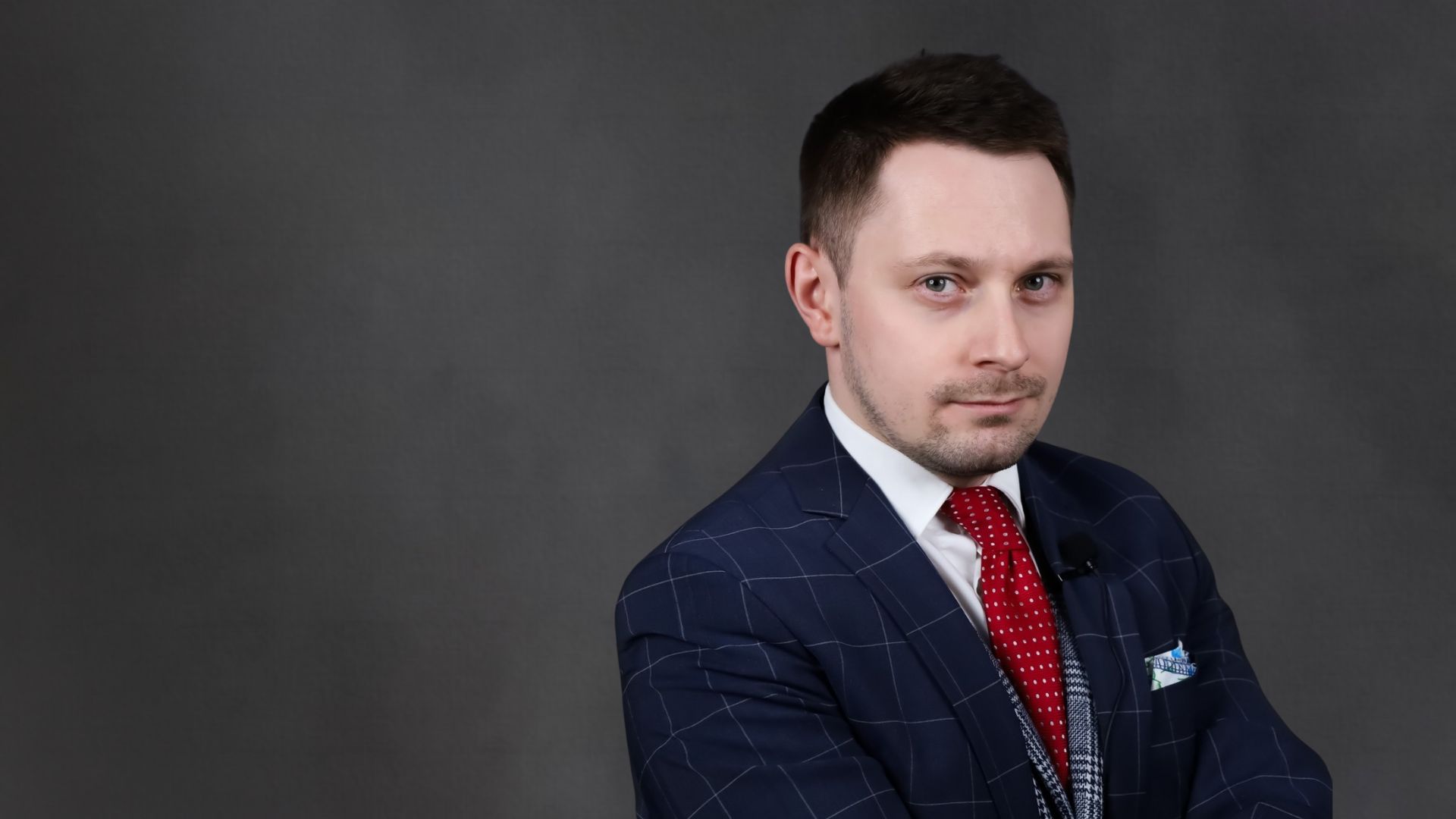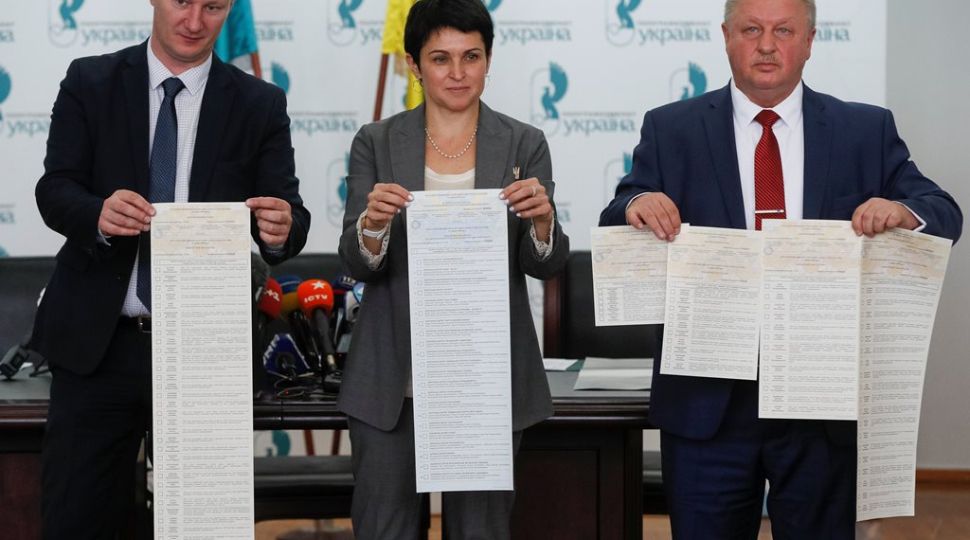Getting Ready for Ukraine’s Presidential Elections: Poroshenko’s Plan
Reforms Held Hostage to the Electoral Cycle
Since Poroshenko’s 2014 first-round victory, his ratings have fallen significantly to where he can count on only 10–15% of the likely votes, which still, depending on the opinion poll, would make him first or second in the ranking. With the election campaign upcoming, Ukraine’s authorities have refrained from taking necessary, but unpopular steps, to avoid a further drop in the president’s ratings. Despite its obligations to the IMF, last October, Ukraine’s government refrained from another increase in the gas price for households. The increases were an element of the country’s gas-sector reform, crucial for its macroeconomic stability, but they resulted in widespread dissatisfaction. Although gas prices are partially offset by state subsidies, since 2014, the gas price for households has risen almost tenfold, although in the first half of 2017 it was still 2.5 times lower than the average price in the EU. Parliament, in turn, extended a moratorium on farmland sales last December. This market reform would attract much-needed foreign investment, but is opposed by over 60% of Ukrainians.
Poroshenko has also delayed any work on the creation of an independent anti-corruption court in Ukraine out of fear that possible accusations of corruption against his associates or members of politico-business groups that support him would complicate his re-election. For a while, the president rejected the possibility of creating such a court at all, suggesting that an anti-corruption chamber within the Supreme Court could be established instead. With international pressure, however, last December Poroshenko presented a draft law to create a separate institution. Nevertheless, it is unlikely that the anti-corruption court would begin operation before the presidential elections.
Expansive Social Policy
Traditionally, the government’s social policy would support growth of the president’s ratings. Last October, during a Regional Development Council meeting, Poroshenko declared that the country’s austerity policy had come to an end. From 1 January, the minimum wage was increased by 16% to UAH 3,723 (about $130). The government had already doubled the minimum wage before, which resulted in the average wage last November of UAH 7,479 (about $261), almost 40% higher than in November 2016. The recently started pension reform also led to an increase in pensions (in November 2017, the average pension was UAH 2,447, or about $86). According to the country’s Pension Fund, about 10 million people benefitted from the change. Further increases in the minimum wage, as well as indexation of pensions, are scheduled for 2019, but they may take place even earlier after Poroshenko proposed to the government that the minimum wage be increased already in the first half of this year.
All the President’s Men
In preparation for the election campaign, Poroshenko aims to further consolidate his power. Last November, parliament adopted amendments to the civil service law to provide the president more control over Ukraine’s regions and make it easier for him to use administrative resources during the campaign. Among the changes were abolishing the obligation to select the heads of Oblast and Regional State Administrations (OSA, RSA) through a competition procedure and granting the right to appoint them again to the president. Since then, more than 20 RSA heads have departed, though officially, almost all reportedly resigned. Soon, these vacancies probably will be negotiated with politico-business groups whose support the president would like to secure before the elections.
Poroshenko also seeks to strengthen his position through mass media. The key role in Ukraine is played by television, from which almost 90% of Ukrainians report is their main source of information. In addition to the president’s own network—Channel 5—a new channel, Priamyi, started broadcasting last August with a pro-government editorial policy and deputies of Poroshenko’s parliamentary faction as regular guests. Formally, it is owned by Volodymyr Makeyenko, a former member of the Party of Regions, who cooperated with Poroshenko during the Leonid Kuchma presidency, but it is widely believed among Ukrainian journalists that the channel is controlled by a close associate of Poroshenko, Ihor Kononenko. Responsible also for promoting a positive image of the Ukrainian authorities will be the parliament-owned Rada, which was included into a national multiplex last November. This is probably not the end of Poroshenko’s media expansion. At the end of 2017, the Presidential Administration was accused by the owner of the ZIK channel, Lviv businessman Petro Dyminskyi, of an attempt to secure control of it.
Fighting Political Rivals
Poroshenko does not hesitate to use the state apparatus to fight his opponents. Last year, he deprived Mikheil Saakashvili, the former Georgian president turned Ukrainian politician and Poroshenko associate, now critic, of his granted Ukrainian citizenship. Saakashvili had briefly left Ukraine, but managed to return.[1] As soon as he began to call for the president’s impeachment, though, the prosecutor’s office opened an investigation against him regarding alleged cooperation with a criminal group. Saakashvili’s public activity was reportedly financed by people close to ex-Ukraine President Viktor Yanukovych, but it is difficult to assess the truth of the charges.
Another object of attack from the authorities has been Artem Sytnyk, head of the National Anti-Corruption Bureau, the only fully independent anti-corruption institution in Ukraine. First, in November last year, the prosecutor’s office initiated a proceeding against Sytnyk, accusing him of disclosing state secrets. Then, the authorities tried to remove him from the office by submitting a bill to the Verkhovna Rada that would allow parliament to dismiss the head of the bureau by a simple majority instead of through an independent audit. Ultimately, the draft law was removed from the agenda after international criticism.
So far, Poroshenko has not taken actions that would directly weaken the position of his main rival, Yulia Tymoshenko. During the campaign, however, there likely will be attempts to discredit the former Ukrainian prime minister. It is also possible that the Presidential Administration will support candidates such as Oleh Lyashko who can compete with Tymoshenko for the same electorate.
Perspectives
The start of a pre-election year means that the window of opportunity for introducing politically costly reforms in Ukraine has closed. As late as in the spring, Ukrainian domestic policy will be dominated by preparations for the upcoming presidential elections. Thus, Ukrainian authorities likely will introduce only those changes that potentially increase public support for the president and, at the same time, do not harm the financial interests of the business groups that support him. A simulated fight against corruption and inhibiting the privatisation of the largest state-owned enterprises can be expected, which will likely negatively affect Ukraine’s cooperation with international financial institutions. However, until the presidential elections, Ukraine can survive without their support by using currency reserves and issuing new bonds.
A major role in Poroshenko’s election campaign will be played by foreign and security policy, since these are areas where the president can boast the greatest success, such as visa-free travel with the EU, the U.S. decision on the sale of lethal weapons to Ukraine, as well as reform of the Ukrainian Armed Forces. Further strengthening of the president’s patriotic and anti-Russia rhetoric should be expected. The recently visible assertiveness of Ukrainian authorities in foreign policy will be maintained, which, among others, will not facilitate a solution to the recently revived Polish-Ukrainian historical memory conflict.
[1] See: D. Szeligowski, “Political Consequences of Saakashvili’s Return to Ukraine,” PISM Spotlight, no. 51/2017, 12 September 2017.




